First Scientific Stop In The Azores For The Race For Water Odyssey
Published on March 22nd, 2015
Bordeaux, France (March 22, 2015) – Having left Bordeaux (France) on March 15, the “Race for Water Odyssey” scientific sailing expedition, which aims to protect the oceans from plastic pollution, arrived in the Azores on Friday. The expedition’s first scientific data will be collected in this archipelago.
The “Race for Water Odyssey” (R4WO) arrived in Horta, in the archipelago of the Azores, on Friday, after a little over 5 days of sailing. This archipelago is located within the Northern Atlantic’s trash vortex. The expedition will implement its scientific protocol for the first time on 5 of the island’s beaches. These beaches act as natural barriers against plastic pollution, trapping and accumulating trash on their shores, and are therefore representatives of plastic pollution in the surrounding waters.
A Carefully Studied and Adapted Scientific Protocol
The beaches, chosen in collaboration with local experts, will be studied using a systematic and standardized scientific approach based on the National Oceanic and Atmospheric Administration (NOAA)’s method. Macro-trash (> 2.5cm) will be collected, categorized depending on composition and original use, and weighed. Meso-trash (5mm-2.5cm) and micro-trash (< 5mm) will be collected by researchers using sieves and sent for analysis to the Lausanne Federal Polytechnic School's Central Environmental Laboratory (CEL/EPFL, Switzerland). Frédéric Sciacca, the "Race for Water" Foundation's scientific advisor, is excited about the study of these initial shores, and the beginning of the creation of a scientific corpus of data, "This first stop will allow us to implement the scientific protocol which we've carefully prepared during the past few months. Thanks to our local partners, including, notably, the Department of Oceanography and Fishing of the University of the Azores(DOP), as well as the Azores Ocean Observatory (OMA), we were able to select the beaches that are best suited to the study of plastic pollution. The scientific team will be able to test the protocol we've established, and collect initial data relating to the scope of the damage on this archipelago, which is enormously affected by the pollution that flows into the oceans from the continents." The unprecedented Use of an Aerial Drone to Map Polluted Beaches This first stop will also allow tests of new technological means of exploration for acquiring the data needed to locate areas of plastic pollution. The "eBee" aerial drone will be used for high- definition mapping of the beaches in the study. This aerial tool will be used for two purposes: on the one hand, it will allow Duke University and Oregon State University to analyze the macro-trash that is present on the shores. On the other hand, it will also make it possible to create an initial overview of this innovative technology's capabilities, in order to eventually create a high-powered tool for detecting macro-trash using specific image analysis techniques. Meeting Local Populations Having left Bordeaux on March 15th, the members of the expedition will also have the opportunity to meet with local populations for the first time. Marco Simeoni, the leader of the expedition, is looking forward to being able to interact with the different local figures affected by the pollution, "We've drafted a targeted questionnaire which will allow us to better understand the constraints and challenges these island populations are facing as the pollution invades their beaches and surrounding waters. We will also try to better understand the solutions the locals have put into place, especially the fishing association, in dealing with this invasion of trash." The team will also work with local authorities and the island's university, among others. A conference on the subject will be organized with the university on March 23. R4WO will stay in the Azores until March 24, before setting off for Bermuda, the second scientific stop. Follow the R4WO's progress live at http://www.raceforwater.org/expedition
For more information about the program stopovers, visit www.raceforwater.org/steps/bordeaux
Report by ISAF


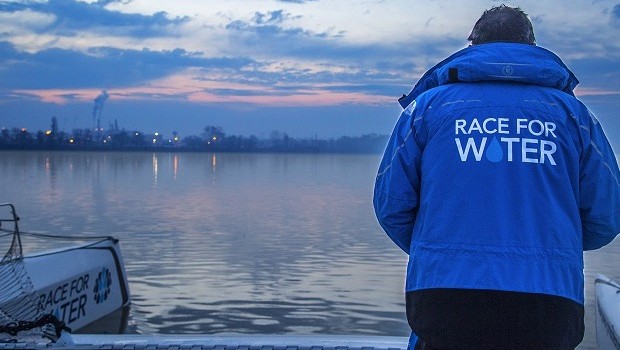


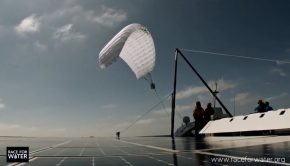
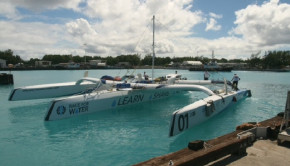
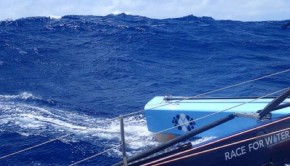
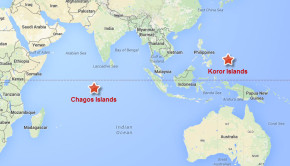
 We’ll keep your information safe.
We’ll keep your information safe.